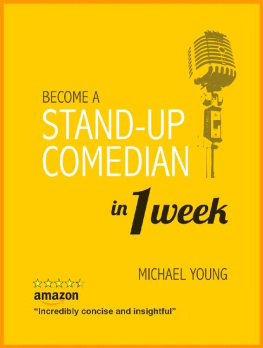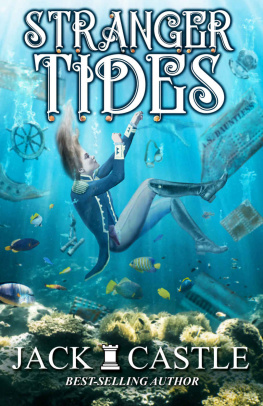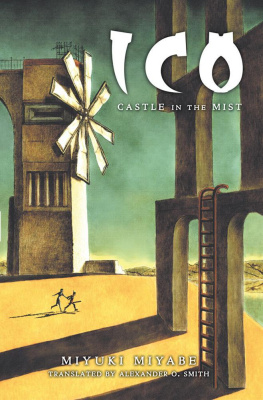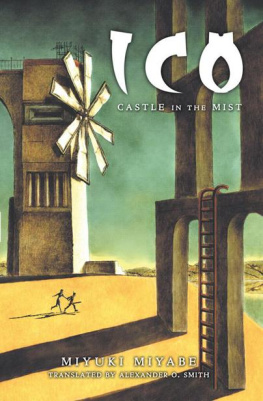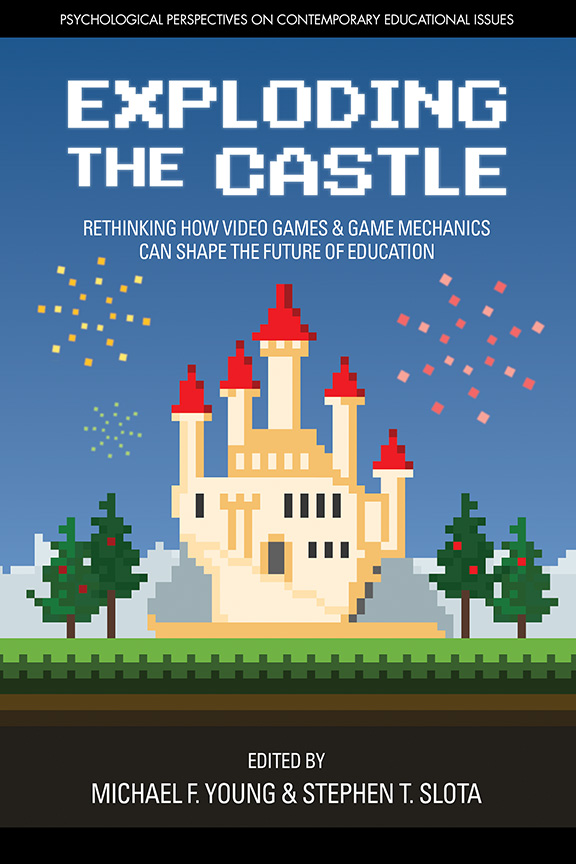______________________________
Exploding the Castle
________
A volume in
Psychological Perspectives on Contemporary Educational Issues
Jonathan Plucker, Series Editor
________________________________
Exploding the Castle
Rethinking How Video Games and Game Mechanics Can Shape the Future of Education
________
edited by
Michael F. Young
University of Connecticut
Stephen T. Slota
University of Connecticut
INFORMATION AGE PUBLISHING, INC.
Charlotte, NC www.infoagepub.com
Library of Congress Cataloging-in-Publication Data
A CIP record for this book is available from the Library of Congress
http://www.loc.gov
ISBN:978-1-68123-935-4 (Paperback)
978-1-68123-936-1 (Hardcover)
978-1-68123-937-8 (ebook)
Copyright 2017 Information Age Publishing Inc.
All rights reserved. No part of this publication may be reproduced, stored in a
retrieval system, or transmitted, in any form or by any means, electronic, mechanical,
photocopying, microfilming, recording or otherwise, without written permission
from the publisher.
Printed in the United States of America
Foreword
Certain technologies have had magical effects. They have utterly changed the world. Writing turned languagea creature of sound rapidly decaying in timeinto a creature of visual images fixed in space. Writing made meaning permanent, inspectable, public, and able to travel great distances. It gave rise to logic, libraries, science, and the state. The telegraph and its heirs collapsed time and space. The world shrank and humans became one big discourse community interacting in real time. The washing machine freed half the human race (women) in the developed world to work and thereby created modern economies. New technologies to clean water will free the same half in the developing world to go to school and work, instead of traveling long distances each day to hydrate. Computers have changed the very nature of work, andcombined with the Internetthey are well on the way to creating a nearly jobless future.
Any powerful technology can do good, evil, or nothing depending on how, when, and where it is used. Books have led to great things, indeed. Nonetheless, millions and millions of lives have been lost because someone read a book (e.g., the Bible, the Koran, or The Turner Diaries ) and thought it was telling them to kill other people. And, of course, many people think God wrote a book; they just dont agree which one. Literacy is truly powerful.
The jury is still out on video games. They are too new and are changing too fast and furiously for us to know much yet about how powerful they will be. For now, there are very few people who think a video game told them to go on a murderous crusade, and no one thinks God designed a video game (leaving aside the small number of people, like me, who think Will Wright is God).
But video games have the potential to be as important (for good and bad) as writing, the telegraph, washing machines, and water nanofilters. Human beings are built in such a wayit is part of our human nature as it has evolvedto learn best only under certain (and rather narrow) conditions. These conditions are socially interactive and collaborative immersion in well-designed and well-mentored embodied experiences of problem solving where the cost of failure is greatly lowered. This is how language acquisition works and how socialization and enculturation work whether in a family, culture, or profession.
For centuries, we humans have been constrained in the creation of such learning experiences by the limitations ofand grave dangers inthe real world and by the limitations of our human senses and our middling (not to say piddling) size (we are way too big to see and do some things, like play with electrons, and way too little to see and do others, like jump from solar system to solar system). But video games have the potential to transform these limitations.
Video games can allow us to create brand new worlds and embody our bodies and minds in them via surrogate bodies (avatars). They can immerse us in experiences no human has ever had before in history. And, in the words of an ad for the first


